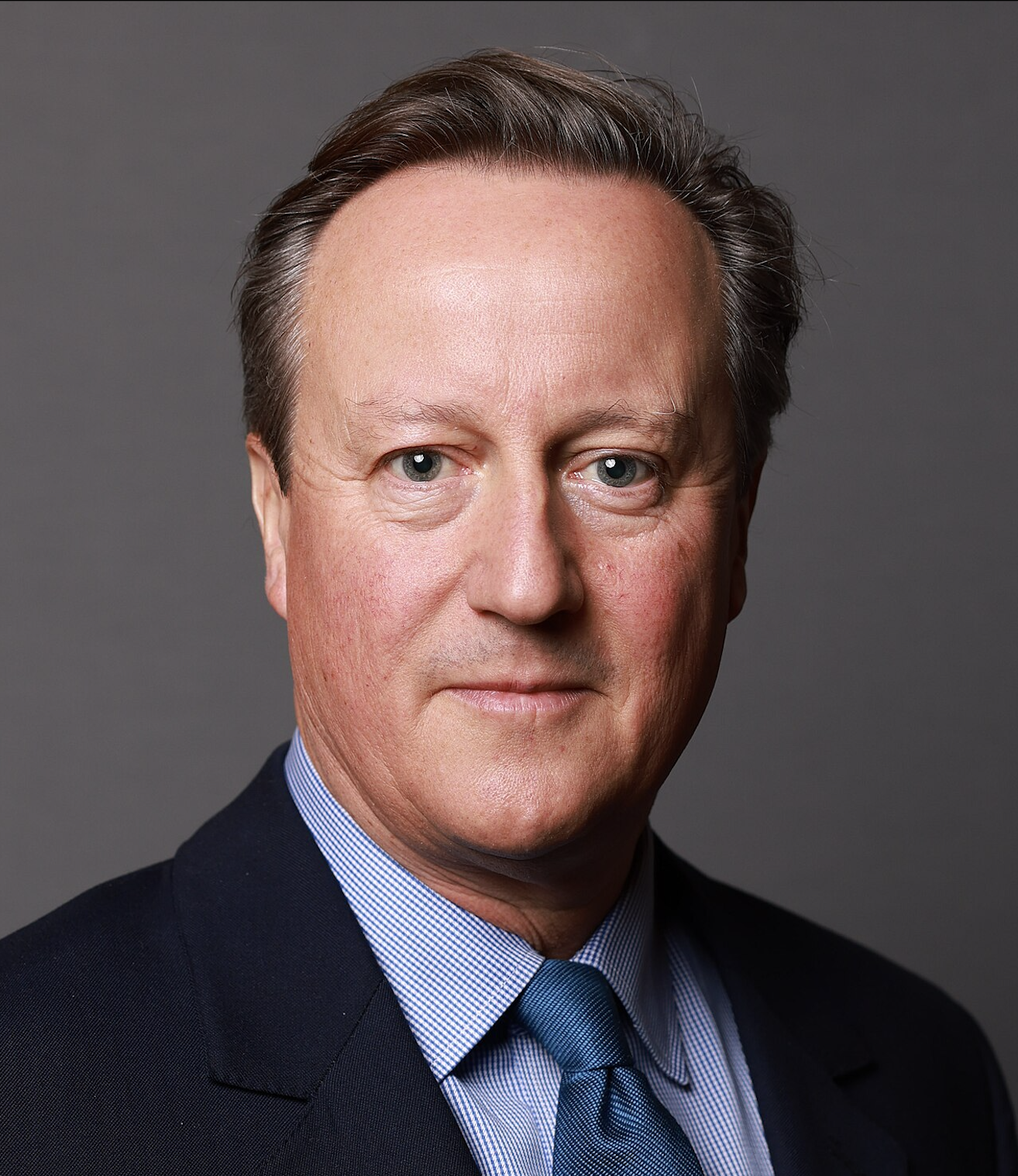The Return of David Cameron by the Back Door?
The fact that Cameron, as a former Prime Minister, holds a cabinet position reflects the rarity of such a move in British politics. The previous instance occurred in the 1970s when Prime Minister Harold Wilson appointed Edward Heath as Industry Secretary.

It is a back door twist in UK politics as one of the very controversial figures in England is back in the cabinet. If this does not tell you more about the slippery slide in UK politics, nothing will convince you that something is utterly wrong there.
Nevertheless, it was a surprising move by current Prime Minister Rishi Sunak when he brought former British Prime Minister David Cameron back from dead wood to appoint him as the new Foreign Secretary.

There is always a first
This marks the first time a former Prime Minister has served in a successor's Cabinet since the 1970s. The unexpected appointment is part of a major reshuffle aimed at improving the Conservative Party's deficit in opinion polling.
Cameron's appointment has garnered mixed reactions from political observers. Supporters laud his experience and expertise in foreign policy, while critics view the move as a mere political stunt. Some have also raised concerns about Cameron's reputation following a lobbying scandal in 2021.
It is noteworthy that Cameron's selection is uncommon, as non-lawmakers rarely assume senior government positions. Additionally, it has been decades since a former prime minister held a cabinet role. This appointment signifies his return to government after he stepped down due to the outcome of the 2016 EU membership referendum, wherein Britain decided to leave the European Union.
The decision to appoint Cameron as Foreign Secretary is made possible by his membership in the House of Lords, the unelected upper chamber of the UK Parliament. The last time a foreign secretary served in the Lords, instead of the elected House of Commons, was during Prime Minister Margaret Thatcher's government in the 1980s. The fact that Cameron, as a former Prime Minister, holds a cabinet position reflects the rarity of such a move in British politics. The previous instance occurred in the 1970s when Prime Minister Harold Wilson appointed Edward Heath as Industry Secretary.
A breathing space?
While Cameron's appointment is seen by some as an opportunity for Prime Minister Sunak to strengthen his own position and improve the Conservative Party's standing in opinion polls, others view it as a desperate measure. Keir Starmer's national campaign co-ordinator, Pat McFadden, remarked, "A few weeks ago Rishi Sunak said David Cameron was part of a failed status quo – now he's bringing him back as his life raft." The Liberal Democrats have also called for Cameron's peerage to be blocked due to his involvement in the Greensill lobbying scandal.
Cameron's return to government adds an interesting dimension to the reshuffle. His tenure as Prime Minister was significantly impacted by the Brexit referendum, which he called with confidence that Britain would vote to remain in the EU. However, in the wake of the "leave" outcome, he resigned from his position. His comeback as Foreign Secretary after this defeat suggests a desire for redemption and an opportunity to contribute to shaping Britain's foreign policy.

